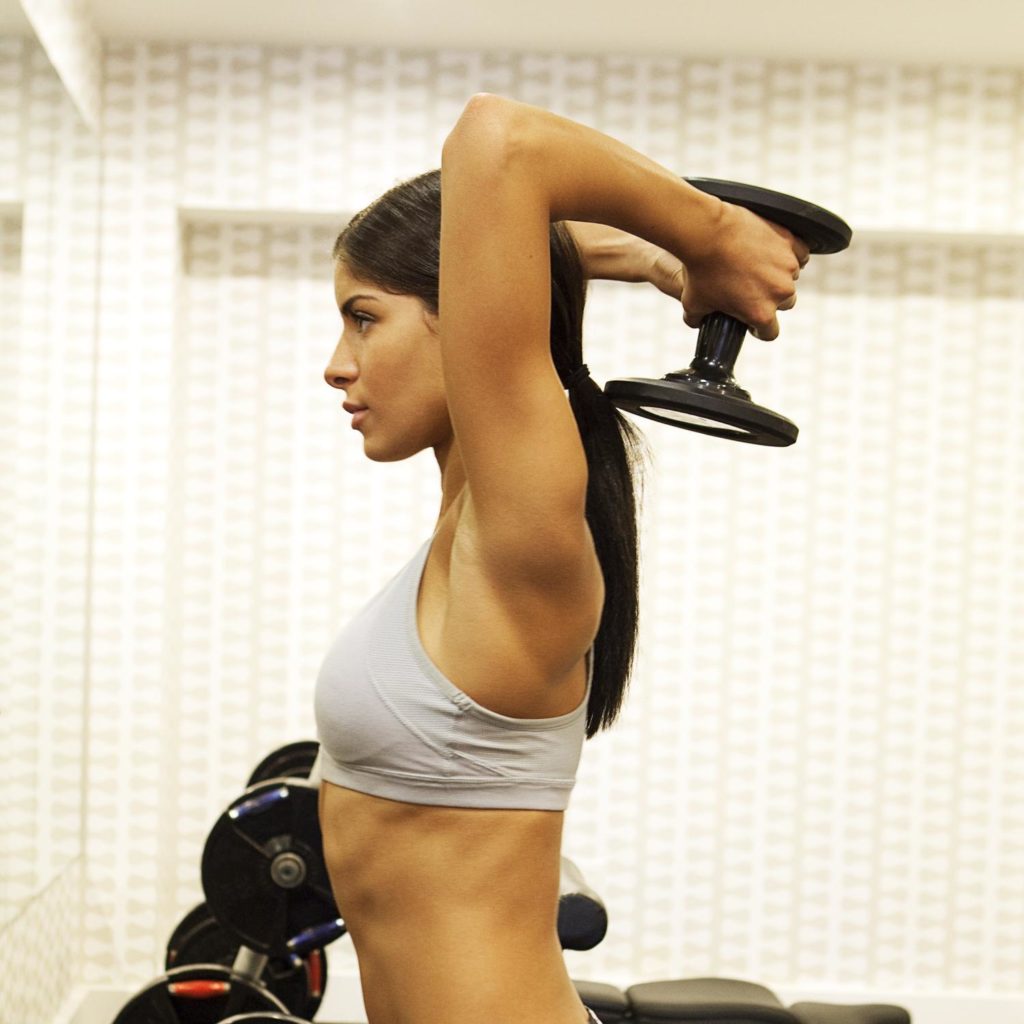World heart day is celebrated every year on 29 September. This event was created by the World Heart Federation to raise awareness around Cardiovascular disease, including heart disease and stroke. CVD is the world’s leading cause of death, claiming approximately 17.9 million lives each year.
The goal is to drive action and educate people that by controlling certain risk factors, at least 80% of premature deaths from heart disease and stroke could be prevented.
In the time of COVID-19, people living with cardiovascular disease are faced with a double edged threat. Not only are they more at risk of developing severe illness if infected by this virus, but they may also be afraid to seek ongoing care for their hearts.
So now more than ever, it is important to put the necessary steps in place and take actions to keep our hearts healthy and prevent cardiovascular disease.
Keep reading for a few pointers to help you achieve this goal. Some of these you may know about already and some you may never even have heard of. However they are all helpful and important.
Get more active
● Aim for at least 30 minutes of moderate intensity physical activity 5 times a week.
● Or at least 75 minutes spread throughout the week of vigorous-intensity activity.
● All activities count! Playing, walking, dancing. Have fun with it.
● Be more active every day – take the stairs, walk instead of drive when you can, cycle too if possible.
● Stay fit at home – even if you’re on lockdown you can join virtual exercise classes or just follow some videos online.
● Download an exercise app or buy a fitness watch to keep track of your progress
Say no to tobacco
● It is the single best thing you can do to improve your heart health.
● Within 2 years of quitting, the risk of coronary heart disease is substantially reduced.
● It takes up to 15 years of quitting for the risk of heart disease to return to that of a non-smoker.
● Exposure to secondhand smoke is also a cause of heart disease in non-smokers.
● By quitting/not smoking, you’ll improve both your health and that of those around you.
● If you’re having trouble stopping, seek professional advice.

Eat well and drink wisely
● Cut down on sugary beverages and fruit juices – choose water or unsweetened juices instead.
● Swap sweet, sugary treats for fresh fruit as a healthy alternative.
● Try to eat 5 portions of fruit (about a handful each) of fruit and veg a day.
● Limit your alcohol intake.
● Try to limit processed and prepackaged foods as these are often high in salt, sugar and fat.
● Make your own healthy school or work lunches at home.
High blood pressure iis one of the main risk factors for cardiovascular disease. It is called the “silent killer” because it usually has no warning signs or symptoms and many people do not realise they have it. Make sure you attend regular check ups as this helps with early detection and prevention of complications.








